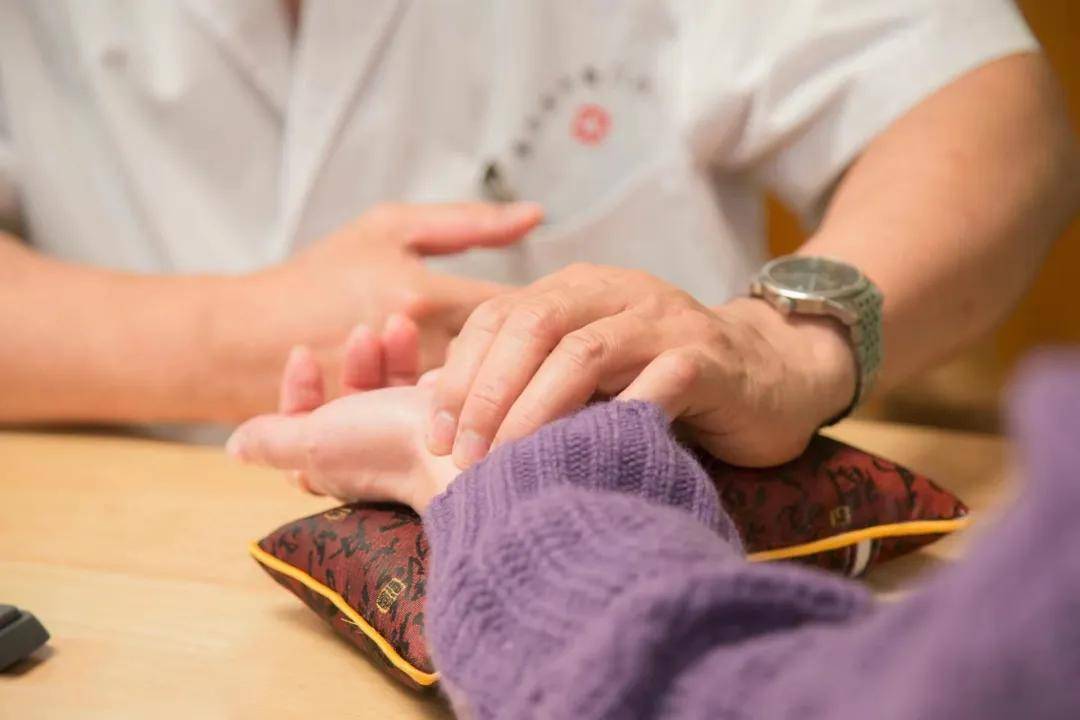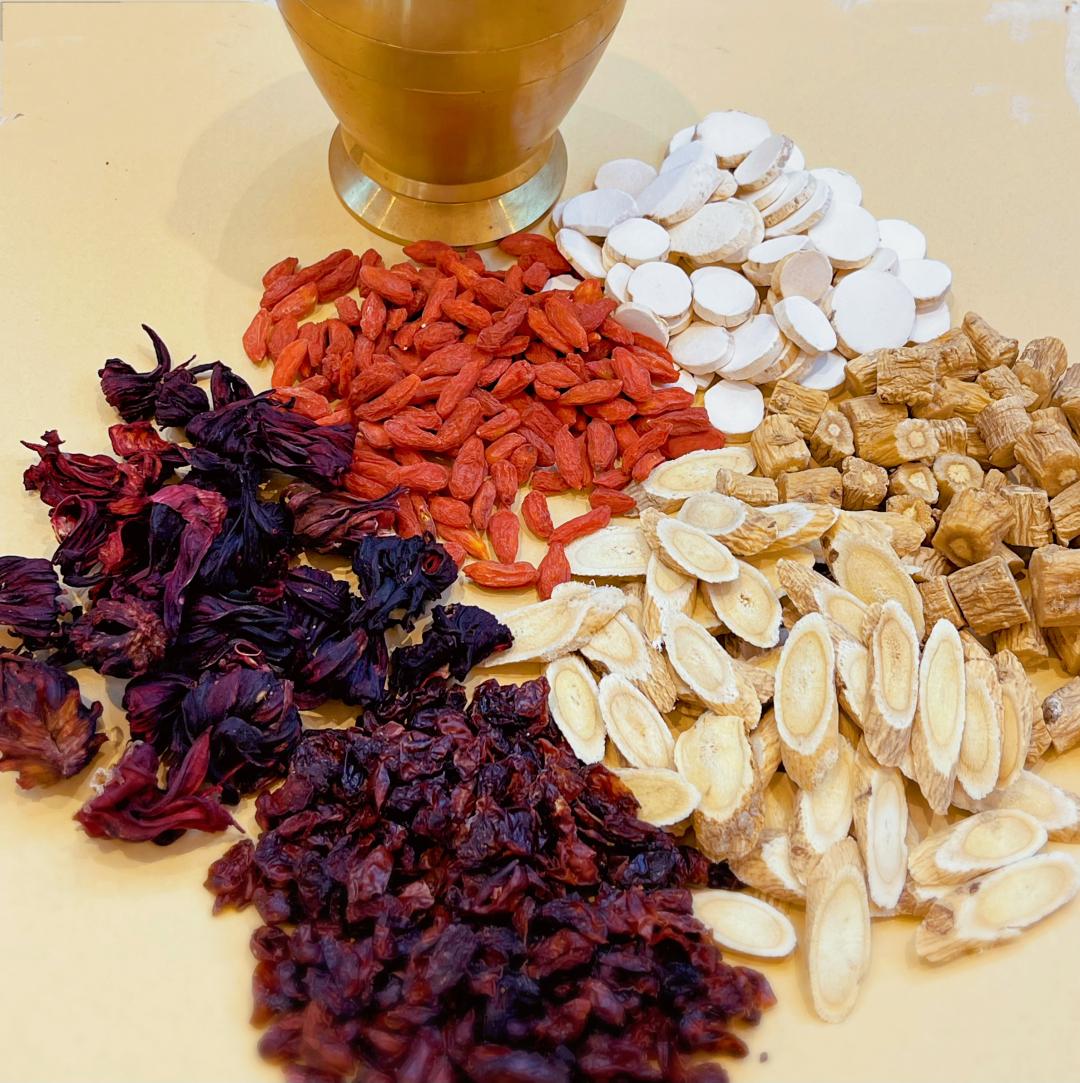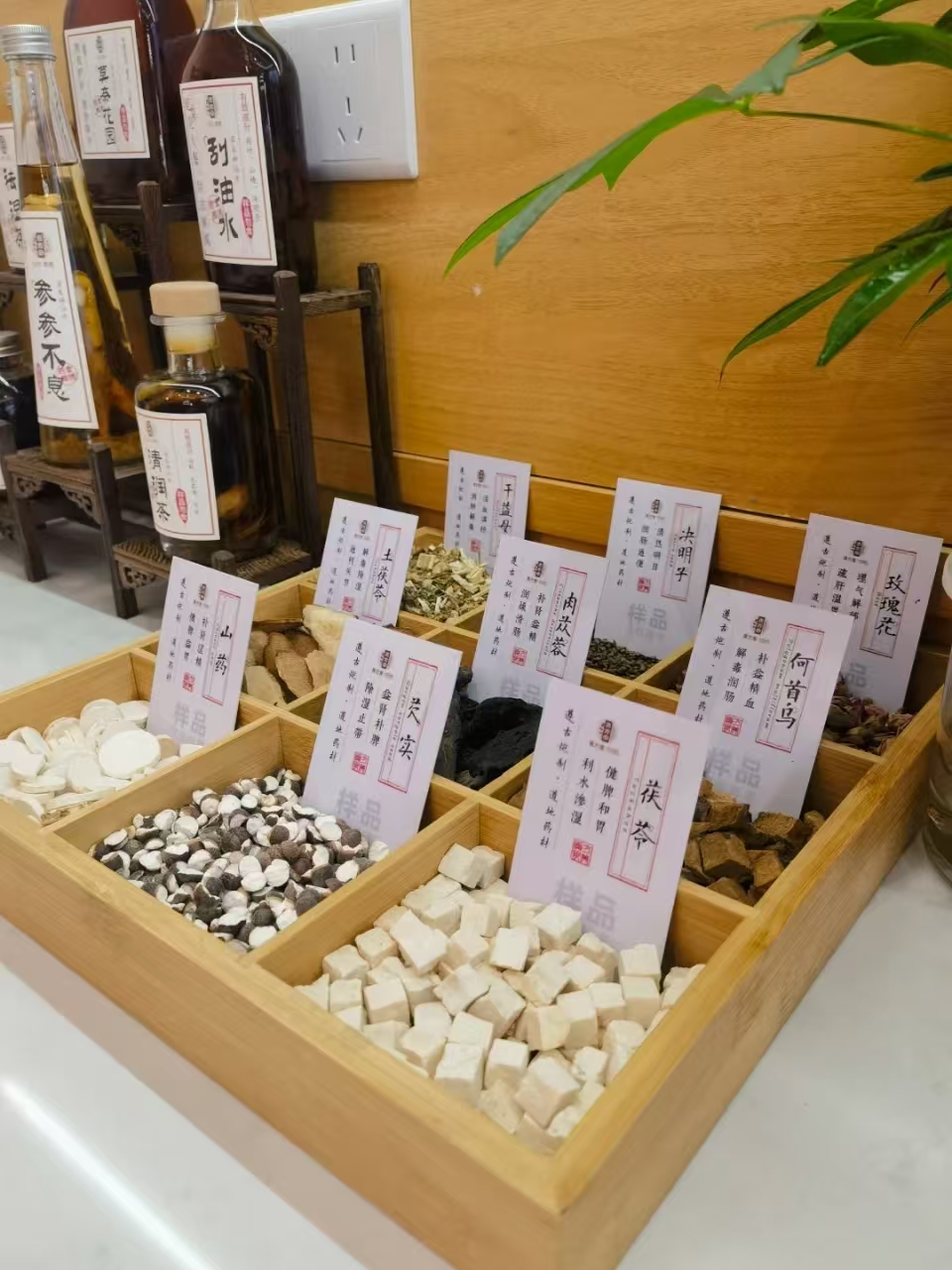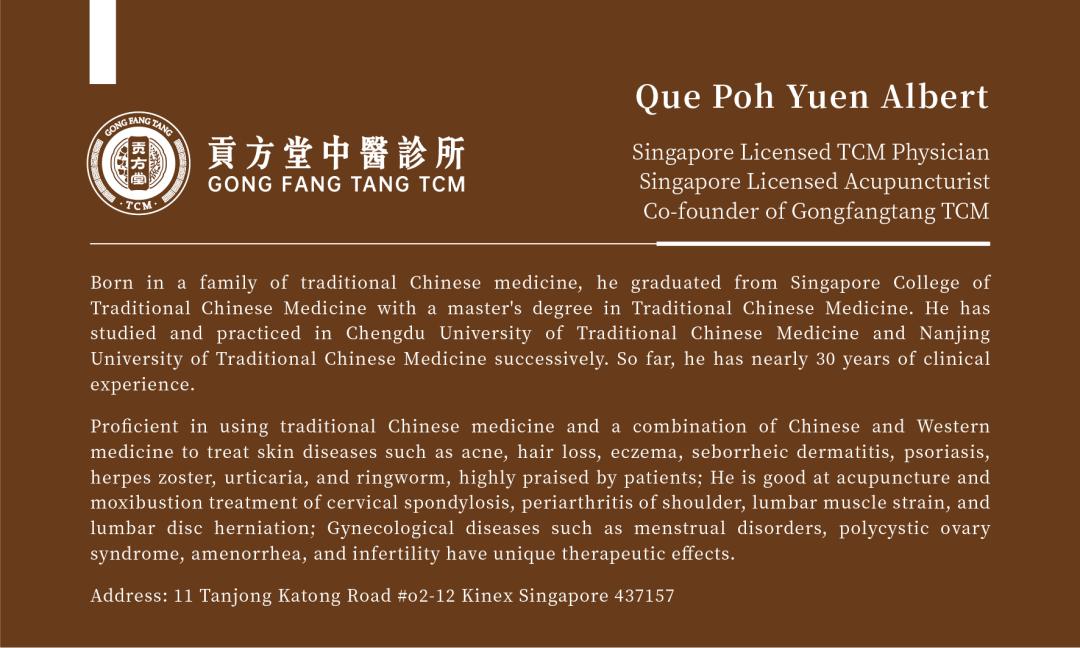Women entering the age of 45-55 often experience perimenopausal symptoms like hot flashes, night sweats, irritability, insomnia, and vivid dreams due to declining ovarian function and fluctuating estrogen levels. Initially, some may feel fear and resistance, struggling psychologically to accept that menopause signifies the passing of their youth. In severe cases, it can even affect family harmony!

What is Menopause?
According to TCM Physician Qiu Baorun from Singapore's Gong Fang Tang TCM Clinic, Traditional Chinese Medicine (TCM) attributes perimenopausal syndrome primarily to patterns of kidney yin deficiency, kidney yang deficiency, or dual deficiency of kidney yin and yang. The kidneys, regarded as the foundation of innate vitality, store essence and are closely linked to human growth, development, and reproductive function. With age, kidney essence gradually depletes, leading to an imbalance of yin and yang and triggering a series of symptoms. Concurrently, emotional factors and dietary irregularities can exacerbate the condition. For instance, chronic stress causing liver qi stagnation disrupts blood and qi circulation, intensifying symptoms.
How Should Menopause Be Managed with TCM?
Herbal Medicine:
For kidney yin deficiency, the formula Liu Wei Di Huang Wan (Six-Ingredient Pill with Rehmannia) is commonly used as a base, supplemented with herbs like Ligustrum lucidum (Nü Zhen Zi) and Eclipta prostrata (Han Lian Cao) to nourish kidney yin.
For kidney yang deficiency, Jin Gui Shen Qi Wan (Golden Cabinet Kidney Qi Pill) is chosen, combined with herbs like Epimedium (Xian Ling Pi) and Morinda root (Ba Ji Tian) to warm and tonify kidney yang.
For dual deficiency of kidney yin and yang, the formula Er Xian Tang (Two Immortals Decoction) is flexibly applied to harmonize yin and yang.
All herbs undergo strict screening to ensure potency and purity.

Acupuncture:
Needling points like Sanyinjiao (SP6) (Three Yin Intersection), Taixi (KI3) (Great Ravine), and Shenshu (BL23) (Kidney Transport) can tonify kidney essence and regulate qi and blood. Sanyinjiao (SP6), the confluence point of the liver, spleen, and kidney meridians, strengthens the spleen, nourishes blood, and regulates the liver and kidneys. Taixi (KI3), the source point of the kidney meridian, nourishes kidney yin. Shenshu (BL23), the back-shu point of the kidney, directly influences the kidneys to stimulate their channel qi.
Additionally, moxibustion on points like Guanyuan (CV4) (Gate to the Origin) and Qihai (CV6) (Sea of Qi) warms yang, tonifies qi, and enhances the body's resistance.
Daily Diet and Lifestyle Adjustments
Women in menopause should consume more kidney-tonifying foods like black beans, black sesame seeds, and walnuts, while avoiding spicy, greasy, and stimulating foods. Maintain a regular sleep schedule and engage in gentle exercises like Tai Chi or Baduanjin to regulate emotions and prevent anxiety or depression from worsening the condition.

Case Study
Patient: Ms. Zou, 43 years old.
Presenting Complaint: Experiencing sudden heat sensations with sweating, tidal fever, irritability (several times daily), dry mouth, constipation, and poor sleep for 6 months without obvious cause.
Pattern Differentiation: Perimenopausal Syndrome (Blood Deficiency with Liver Heat)
Treatment Principle: Nourish Blood, Clear Heat
Prescription: Modified Qin Lian Si Wu Tang (Scutellaria and Coptis Four Substances Decoction)
Scutellaria baicalensis (Huang Qin) 10g, Coptis chinensis (Huang Lian) 6g, Angelica sinensis (Dang Gui) 12g, Paeonia lactiflora (Bai Shao) 10g, Ligusticum chuanxiong (Chuan Xiong) 10g, Rehmannia glutinosa (raw) (Sheng Di Huang) 10g, Rehmannia glutinosa (prepared) (Shu Di Huang) 10g, Morus alba leaves (Sang Ye) 15g, Chrysanthemum morifolium (Ju Hua) 10g, Ligustrum lucidum (Nü Zhen Zi) 15g, Eclipta prostrata (Han Lian Cao) 15g, Ostrea shell (raw) (Sheng Mu Li) 10g, Schisandra chinensis (Wu Wei Zi) 10g, Ziziphus jujuba seed (Suan Zao Ren) 15g, Platycladus orientalis seed (Bai Zi Ren) 5g.
7 doses. Decocted. Taken twice daily, morning and evening.
Follow-up: After taking the formula for over two months, all symptoms resolved. The patient requested consolidation treatment and was given an additional 6 doses.

TCM management of perimenopausal syndrome employs a multi-faceted approach to improve constitution at its root, helping women navigate this special phase smoothly.